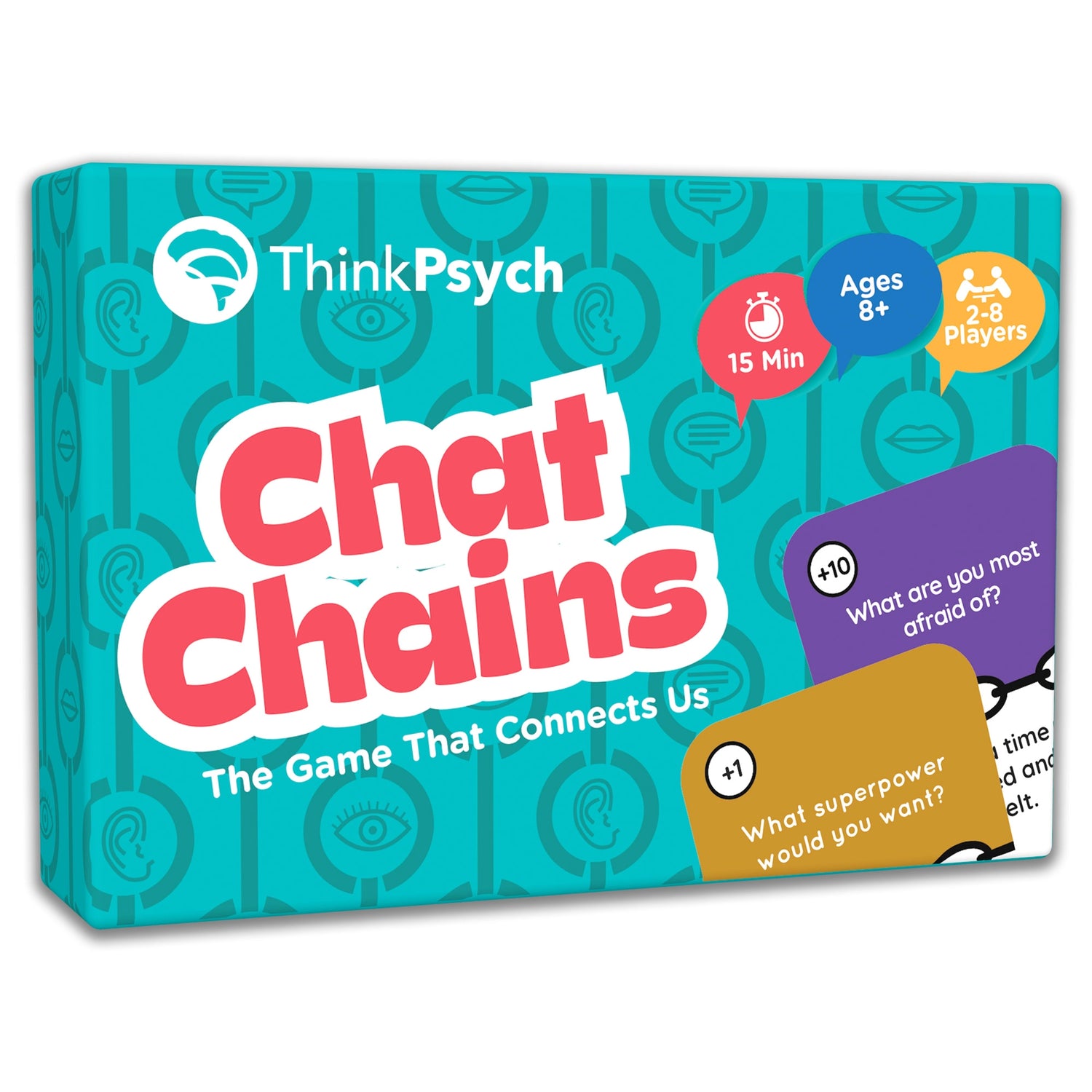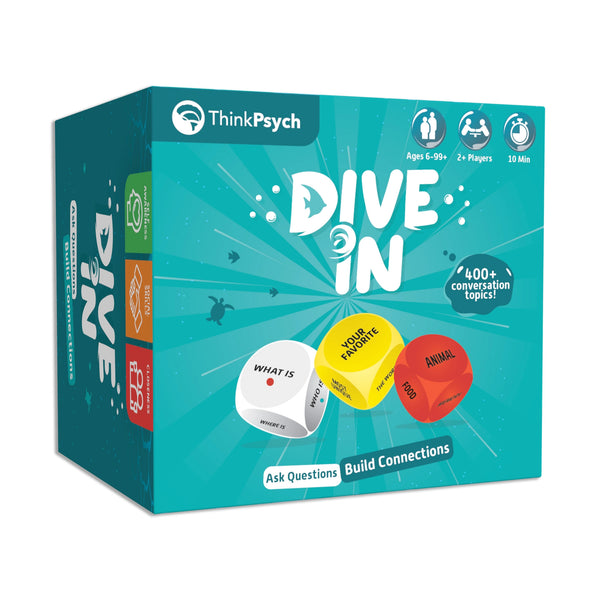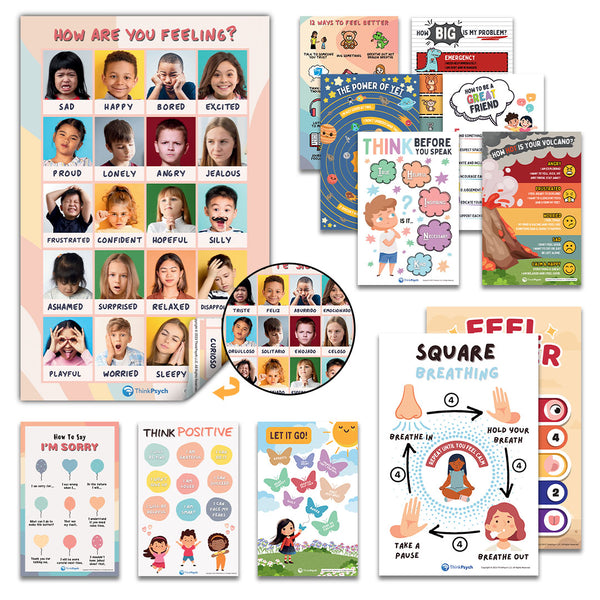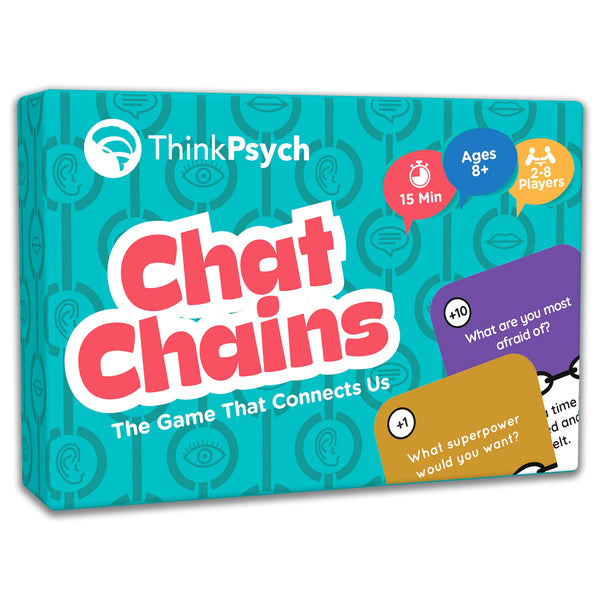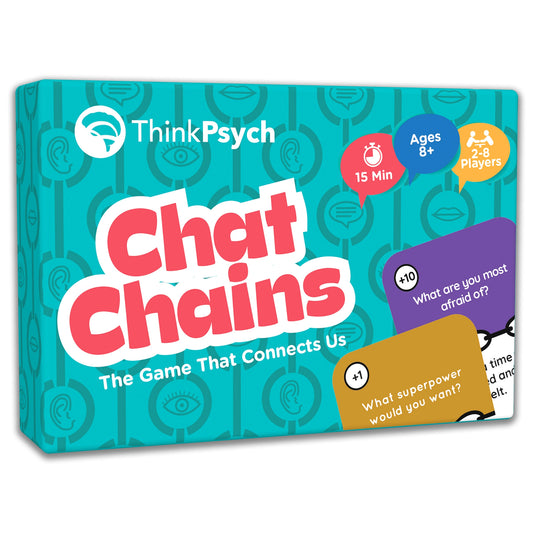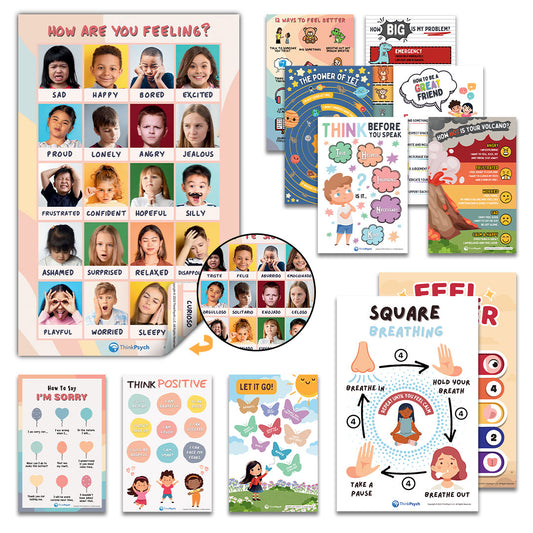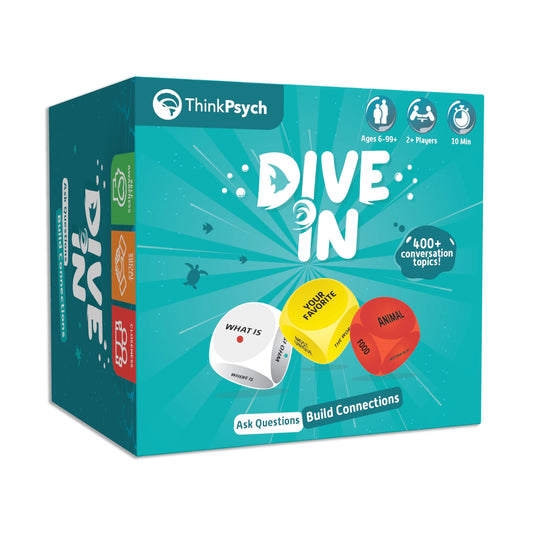
How to Teach Accountability to a Child
Share
A lot of learning is packed into being young! From shapes and colors to learning how to read, children’s capacity to learn seems nearly endless. That’s why it’s so important to teach accountability from the get-go!
Taking accountability for the tasks we choose and our actions is an important part of what it means to be responsible. After all, accountability is how our family and friends learn to rely on us. It’s also how we can learn to finish what we start and go on to achieve our goals in life.
Fortunately, teaching accountability doesn’t have to be a big task. In fact, it’s actually best to start with something small and grow from there!
If you’re looking for tips to teach self-awareness and accountability to your child, it’s time to begin now! You may also want to visit ThinkPsych to learn more about ways you can empower your child as they grow.
Start Young
As a parent, you know that time goes by very fast. It’s part of the reason it’s so important to treasure the fleeting moments we have with our children. And where each second counts, so does the learning that ensues!
The younger they are, the more readily children can pick up a new skill or learn something new. In the same way that they are able to learn language, they can more readily absorb a new task. Whether it’s doing the dishes or learning to read, set them on the right path and start with the small steps of learning early.
If you’re dealing with a very young child, keep in mind that you’ll want to make their tasks smaller so they can complete them. Fortunately, starting small still offers keys lessons that will teach accountability so they can understand responsibility.
Identify Their Responsibilities
In order for a child to know what it is to be accountable, they’ll first have to have some responsibilities. That means you’ll need to assign them some duties, whether it’s a one-off responsibility or a weekly chore.
Try having them take out the garbage every night or clean up their room every Sunday. Once the responsibility has been determined, you can keep tabs on the progress they’re making.
As they take on small goals, you may want to move on to the next steps of what it takes to teach accountability to a child. It’s just important that it goes at a pace in keeping with their development so they don’t resent the process.
Don’t Forget to Follow Up
Giving a child responsibility is certainly an important aspect of accountability. But the most important part of actually ensuring this skill is developed is seeing the results!
It’s great if your child has been assigned the task of cleaning their room or doing the dishes. However, there have to be consequences if they don’t do what they’re supposed to do. A negative effect is one way they’ll learn about the importance of responsibility.
If they’re not living up to their responsibilities, you may want to dock their allowance or cancel a scheduled playdate. This will teach them that reneging on their responsibilities is unacceptable and that it’s important for them to do what they say they commit to. By enforcing consequences, children will learn that skipping out on their duties isn’t the right choice.
Being responsible and teaching accountability is the only way they’ll be able to develop healthy relationships with their family, friends, and others through reliability and reciprocity.
Customer Favorites From Our Store
Offer a Reward
It’s certainly important that there are consequences if your child doesn’t complete their responsibilities. Fortunately, the flip side of that is you can reward them if they’re sticking to it!
Whether it’s taking out the garbage or improving their academics, a little reward goes a long way. You may want to take your child for ice cream or give them a bonus on their allowance. You may even want to make a list together or have them choose their own reward. Whatever you do, it’s important to ensure they know it’s for a job well done.
It’s just important when using a reward system to teach accountability that your child isn’t only completing a task because of a reward. Instead of offering a reward each time, do it when they’re taking on additional responsibilities or have done a particularly good job with something.
Set a Good Example
As a parent, it’s easy to observe that children learn by watching others. While it can be inconvenient in some cases, like not swearing, it’s also a great opportunity to pass on important lessons.
Are there tasks or responsibilities that you take on? It might be cleaning the bathroom on a consistent basis or studying a course on a subject you’re interested in. Whatever it is, be sure that your children are aware of the commitments you have and how you approach them.
By watching you, they’ll realize that you may not always want to follow through on something, but it’s an important part of teaching accountability. If your child sees you shirking work or some other duty, they will learn that the behavior is OK.
Instead of making promises you can’t keep, do what you say and your child will follow suit!
Teach Accountability by Starting Small
Children are in a constant state of learning. That’s why it’s so important to get them started on learning young so they can readily absorb life’s lessons! To teach accountability to a child, it’s all about small tasks that will give them a sense of confidence and help them grow.
By being the kind of parent who models good behavior, your child is sure to learn how to be accountable. And while being accountable and celebrating success is important, it’s equally important for a child to take responsibility for their mistakes. It’s only through owning their successes and failures that a child can understand the true meaning of accountability.
If you’re trying to start small with your child, communication is the key to knowing where they’re at. Chat Chains is a great way to learn more about their mindset and how you can help them grow grow grow!
References
Empowering Parents. Teach Your Child Responsibility — 7 Tips To Get Started. https://www.empoweringparents.com/article/teach-your-child-responsibility-7-tips-to-get-started/
Tutor Doctor. Tips on Teaching Children Accountability From an Early Age. https://www.tutordoctor.com/blog/2022/march/tips-on-teaching-children-accountability-from-an/
HuffPost. How To Teach Kids The Importance Of Accountability. https://www.huffpost.com/entry/teach-kids-accountability_l_611534cae4b0a2603b7b297e
